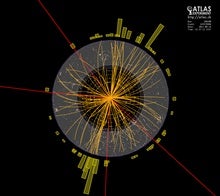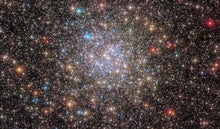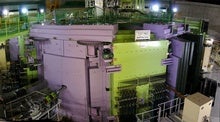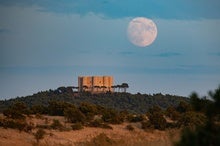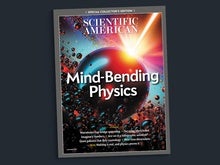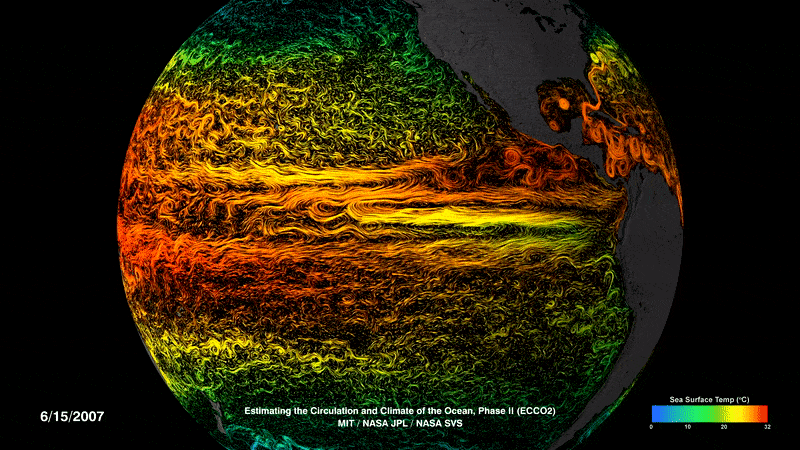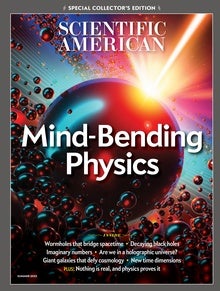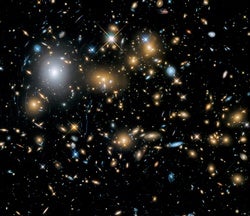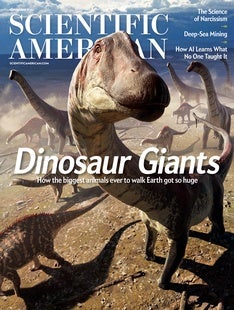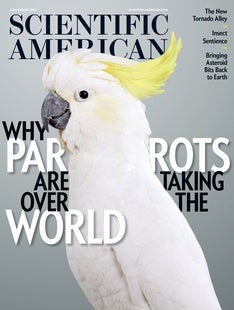 |
| August 31, 2023 |
Hello Readers,
I'm filling in for Lee Billings this week. In our top story, we investigate whether the universe will keep expanding forever. Physicists are considering three possible outcomes to this expansion: the big freeze (the universe will continue to calmly enlarge and cool off); the big rip (the universe will expand so rapidly that it will tear itself apart); or the big crunch (eventually the universe's expansion will reverse and contract in on itself). Whatever happens will be determined by the balance of dark matter, dark energy, and regular matter and energy in space. Dive deeper in our story below and check out all of this week's most popular space and physics reads! And if you'd like MORE science news every day, sign up here for Today in Science, our free daily newsletter, written by me. Enjoy! |
| | Andrea Gawrylewski, Chief Newsletter Editor
| |
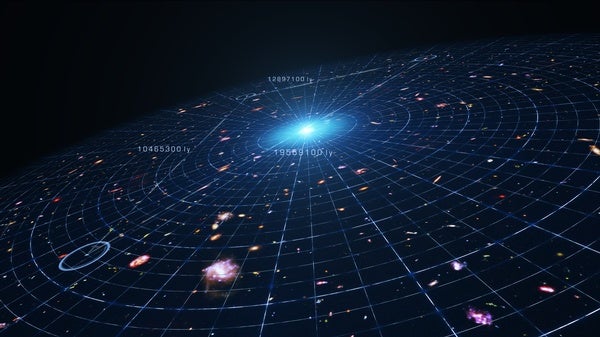 |
| |
| |
| |
| Astrophysics The Colors of Stars, Explained From dim red to brilliant blue, stellar colors span the spectrum—and reveal how much any star brings the heat | | | | |
| |
| |
| |
| |
| Quantum Physics Quantum Physics Can Explain Earth's Weather By treating Earth as a topological insulator—a state of quantum matter—physicists found a powerful explanation for the twisting movements of the planet's air and seas | | By Katie McCormick,Quanta Magazine | | | |
FROM THE STORE
 | | | |
FROM THE ARCHIVE
 | | | |
LATEST ISSUES
 |
| |
| Questions? Comments?  | |
| Download the Scientific American App |
| |
| |





